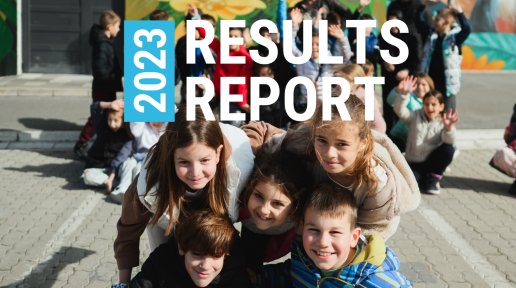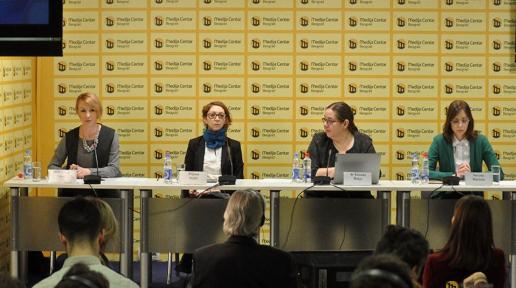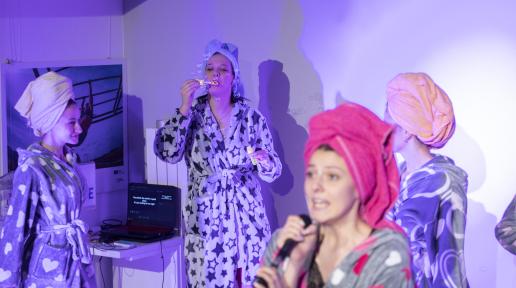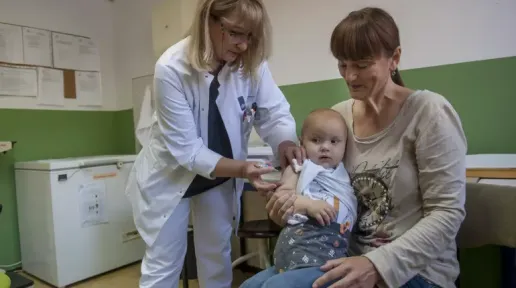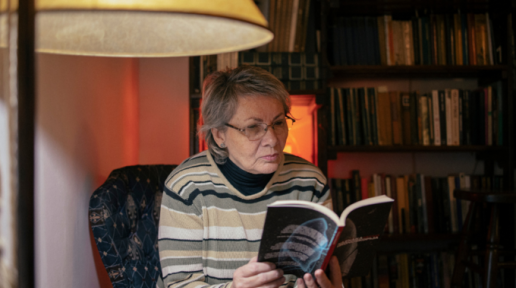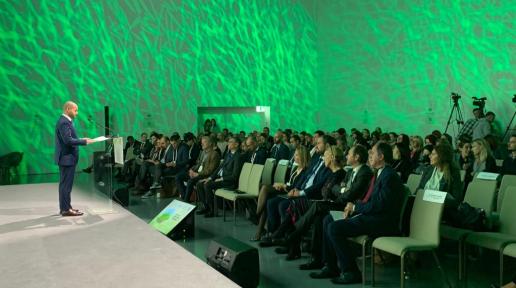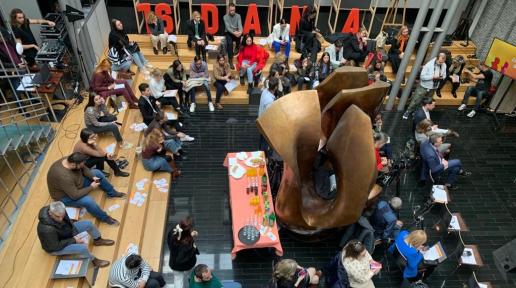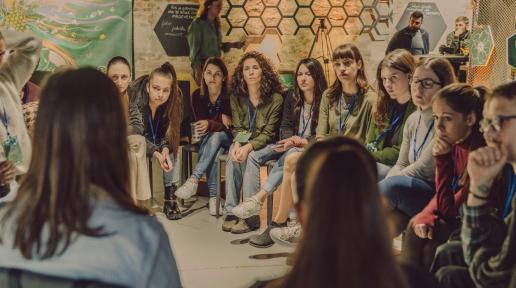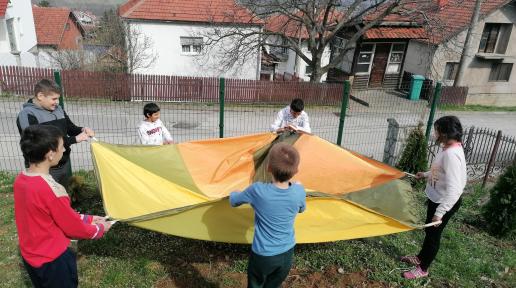Story
26 November 2025
International Partners Share Approaches to Ending Violence Against Women at the national 16 Days Conference
Belgrade, 26 November 2025As part of the 16 Days of Activism against Gender-Based Violence, senior diplomats and international organisations gathered at the Second National Conference “Equal. Safe. Empowered.” to discuss how international practices can strengthen Serbia’s response to violence against women and girls.During the second panel, UN Resident Coordinator in Serbia Matilde Mordt opened the exchange by highlighting Serbia’s progress under the Law on Prevention of Domestic Violence and the Government’s commitment to align upcoming reforms with the Istanbul Convention. She underscored the urgency of addressing high femicide rates, the fast-growing threat of digital violence, and the particular risks faced by Roma women, women with disabilities, rural women, older women and LBTIQ+ persons. Mordt emphasised that international frameworks such as the Istanbul Convention and CEDAW provide strong guidance for strengthening institutional responses and reaffirmed the UN’s continued support to Serbia in building a society where every woman and girl is safe.Her intervention was followed by other panelists who shared experiences from their national systems. Michèle Cameron, Ambassador of Canada, reflected on Canada’s National Action Plan to end gender-based violence and its focus on prevention through education and community programmes. Carlotta Colli, Deputy Ambassador of Italy, spoke about Italy’s recent reforms, including the legal recognition of femicide and the expansion of shelter and crisis services—measures that have drawn significant attention across Europe. Florence Ferrari, Ambassador of France, outlined France’s long-standing work to reinforce institutional responsibilities and strengthen the legal framework through sustained awareness campaigns. Fabio Scano, WHO Regional Director for the Western Balkans, underlined the central role of the health sector in identifying and responding to violence, highlighting the need for trained professionals, standardised protocols and closer cooperation across institutions.Moderated by Nevena Jovanović, State Secretary in the Ministry of Foreign Affairs, the panel reinforced a shared understanding that sustained cooperation between institutions, civil society and international partners remains essential to improving protection mechanisms and ensuring that every woman and girl in Serbia can live free from violence.


